Trust law develops with time. If you are considering buying a property in the name of a trust, ask an expert for advice on the tax implications.
Investing in residential property (and not just your own home) is considered one of the most sensible things you can do with your money. The investment thinking is not only for the potential return on investment when it comes to selling it in the long term but also for renting it out in the short to medium term. Bricks and mortar are one way of keeping your money safe.
You can buy property in your name (personal capacity) or the name of a trust or a company. A trust is a legal entity that holds assets on behalf of its founder for the benefit of beneficiaries. The founder tasks a trustee or trustees with the management of the trust’s assets for the benefit of one or more beneficiaries.
Pros of holding property in a trust
- A trust does not die (called “perpetual succession”) so it is not liable for estate duty, transfer duty, executor’s or conveyancer’s fees, or capital gains tax (CGT) that might otherwise happen on the death of an owner.
- Property registered in a trust is protected from creditors because it does not form part of your estate.
- Your trust and the property registered therein will not be affected by your death. If your heirs are beneficiaries of the trust, it should not be necessary to transfer the property into the name of the heirs.
- Income from the trust’s property is for the trust, and expenses such as repairs, maintenance, water, and rates bills are also for the trust’s account.
- Having property registered in a trust rather than your name means the value of your estate is reduced, which lessens your estate duty exposure.
- Even though trust is taxed at the top marginal rate (45% as per the 2019 Budget, trustees have the authority to distribute rental profits to beneficiaries to minimize the tax position. The tax will then be paid at the beneficiaries’ marginal rate.
Cons of holding property in a trust
- There are setup and administration costs involved.
- Problems may occur if the trust is not properly established or managed. The trust will be a separate taxpayer, meaning the cost of another tax return.
- If you lend money to the trust, you will have to charge interest at the SARS rate.
- When home loan finance is required, the banks are unlikely to grant a 100% bond to a trust.
- When a bank lends to a trust, they are likely to request signed surety or cash security of some kind. If the person who signed surety dies, the banks could submit a claim and subsequently sell the house to settle the outstanding bond if the estate does not have sufficient equity. The balance would be paid to the estate. If you owned the house personally, a similar situation might arise on your death. You can take mortgage protection insurance.
Get prequalified, or apply for a home loan with Ooba today.
For assistance speak to our home loan specialist Rika Swart at Val de Vie (Tel. 021 863 6146 / 082 449 9290)
Author: Val de Vie Propert Finance




